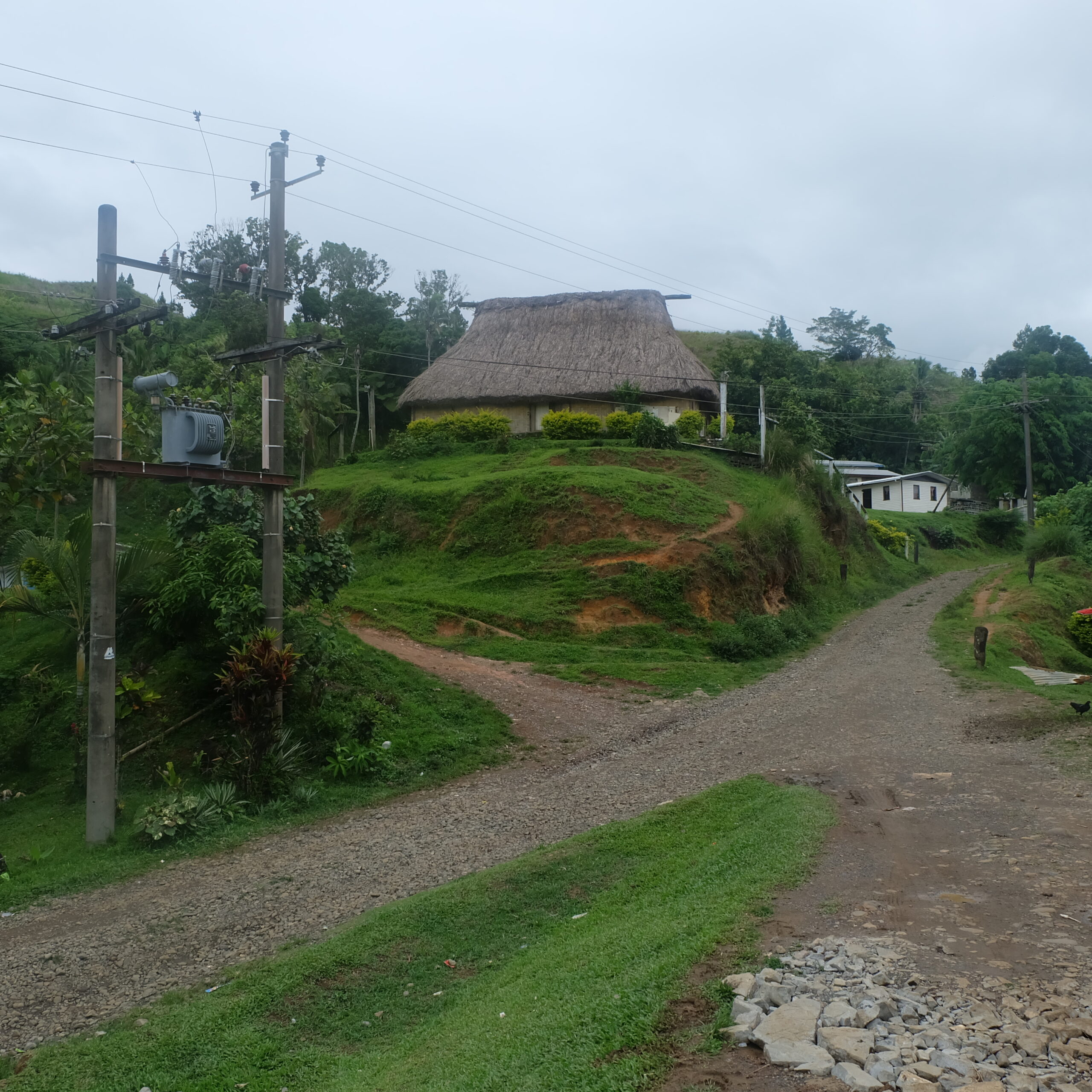“Applying Systems Thinking to Integrate Sustainability in PPPs for Mini-grids: Bukuya Mini-Hydro Case Example” was presented at the 2018 International Conference on Sustainable Development (ICSD), held at Columbia University in New York City. Coauthored by Douglas Marett, Marc Marr, Aridnam Basu, and Bodil Jacobsen.
A key challenge in the electrification of rural communities using renewable energy mini-grids is to create a technical, business, and community solution which not only offers long-term sustainability, but also works to improve the skills and economic prosperity of the benefitting communities. This broad challenge is further complicated by the need to ensure the affordability of electricity, while at the same time lowering the demand for direct economic assistance such as subsidies needed to support mini-grids.
The development and implementation of the innovative Public Private Partnership (PPP) for the Bukuya renewable energy mini-grid in Fiji, is based on solutions derived from a systems thinking approach. The approach takes into account seven identified key system nodes of gender inclusive stakeholder engagement, electricity demand and affordability, electricity generation and distribution system, PPP business and financial model, increasing household income generation, governance & transparency, and capacity development. As well as four causal loops defined on the basis of consumer, community, national, and business social structures.
The highlighted solutions derived from the systems thinking approach can be used by small island developing states to improve affordable access to electricity in rural areas, and contributes to the sustainable development goals.
You can find the full paper here a Systems Thinking with PPPs in Mini-Grids.

